Η ΕΥΘΥΤΑ-ΠΑΡΑΤΗΡΗΤΗΡΕΙΟ ΟΔΙΚΗΣ ΑΣΦΑΛΕΙΑΣ ΡΟΔΟΥ, είναι ενεργό μέλος της!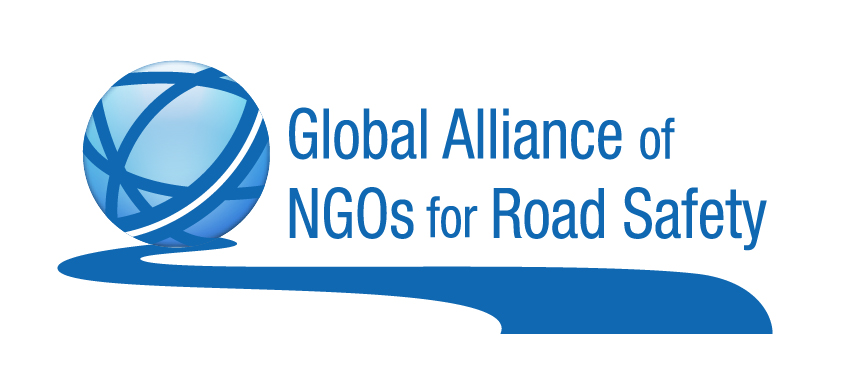
|
| | 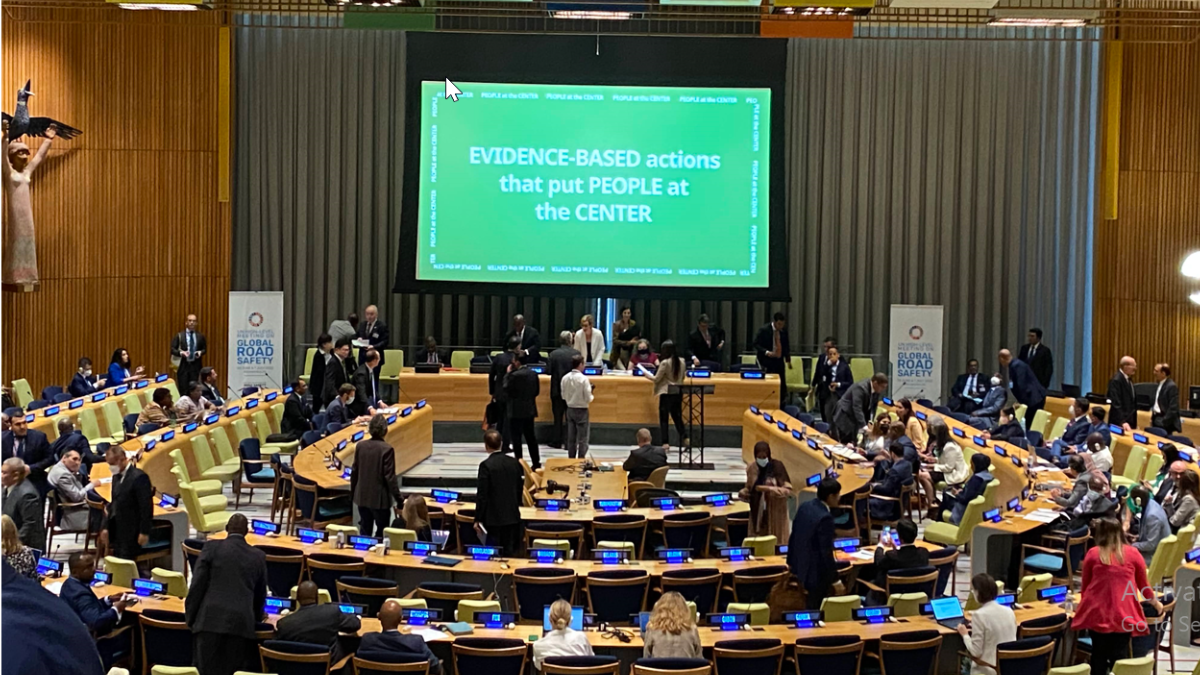 HIGH-LEVEL MEETING ON IMPROVING GLOBAL ROAD SAFETY
HIGH-LEVEL MEETING ON IMPROVING GLOBAL ROAD SAFETY
On 30 June–1 July, the first ever UN
General Assembly high-level meeting for road safety was held at UN
Headquarters in New York. Its objective was to “address gaps and
challenges ... mobilize political leadership and promote multi-sectoral
and multi-stakeholder collaboration.” The primary outcome was Political
Declaration A/RES/76/294, which was approved by Member States and issued
during the opening session.
To assess the level of political leadership demonstrated by governments
through the High-level Meeting, the Alliance has scrutinized the
Political Declaration and the statements made by Member States during
the plenary sessions. Read our assessment HERE and read extracts from our analysis BELOW. |
|
|
| | | | |
|
|
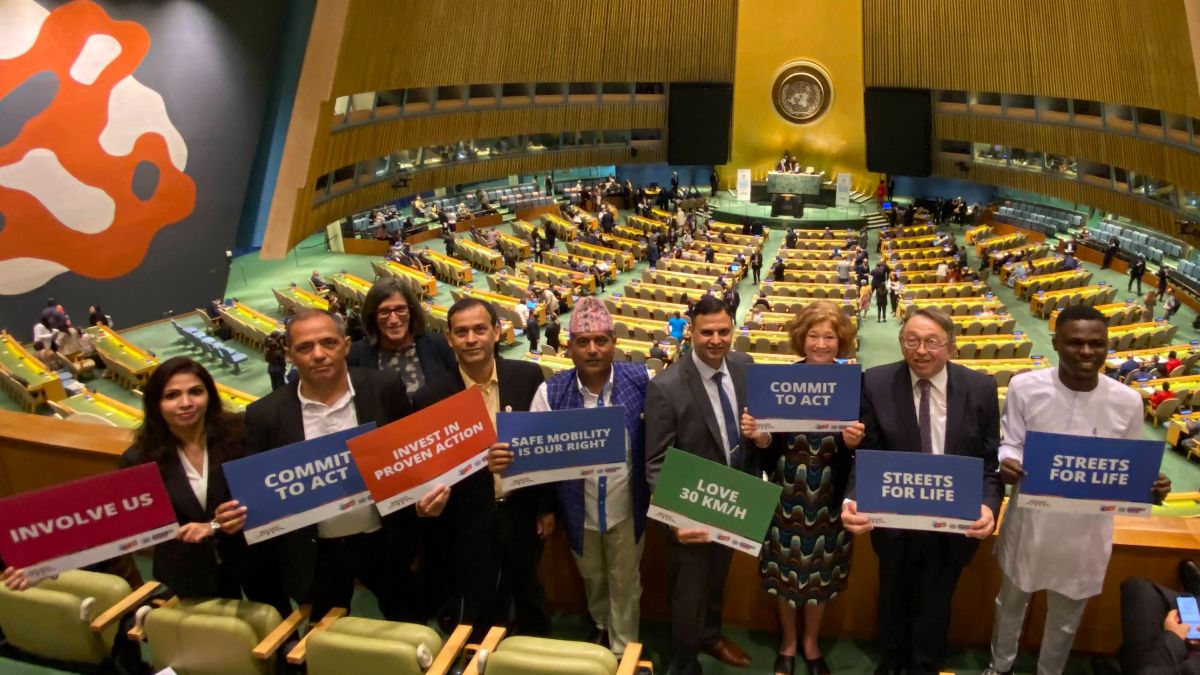
|
NGO ANALYSIS OF THE HIGH-LEVEL MEETING
The Alliance has analyzed the 73
statements made by Member States and the European Union during the
plenary session and compared the Political Declaration A/RES/76/294
against the Stockholm Declaration and UN Resolution A/RES/74/299 that
declared the Decade of Action for Road Safety 2021–2030 (Decade of
Action). These outcomes are a barometer of political will toward
achievement of the 2030 road safety targets. Read our assessment HERE.
Statements- More than 80% of the 73 plenary
statements made by Member States mentioned a national strategy for road
safety, however, only 21% mentioned government funding for road safety;
- 11 (15%) statements were delivered by a government minister and 21 (29%) by another ministry or road safety agency official;
- 25 (34%) statements mentioned that the
Member State was or would be implementing a Safe System approach.
However, key specifics aligned to the Safe System were missing.
Read our full analysis of the statements and downloadable PDF HERE. Find out if your representative made a statement, links to the recordings, and our NGO checklist HERE.
Political Declaration- The Political Declaration demonstrated
progression from previous resolution A/RES/74/299 in the strength of its
commitment to the Safe System and the setting of national targets and
strategies;
- However, there was significant
regression in the strength of language used regarding domestic
government financing and involvement of civil society.
Read our comparison of the Political Declaration HERE and find the Political Declaration HERE. |
|
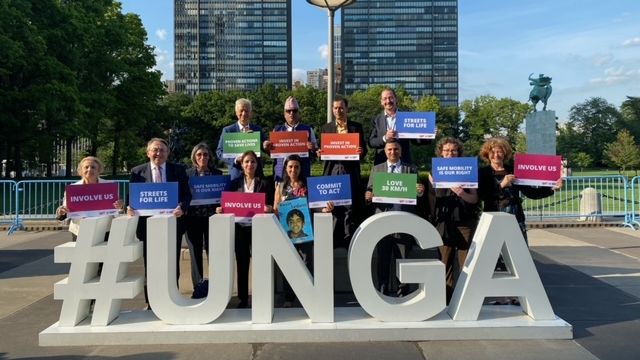
|
|
AFTER THE HIGH-LEVEL MEETING: NEXT STEPS FOR NGO ADVOCACY
“At the next High-level Meeting we
don’t want to hear how many lives are lost every year,” says Valeria
Motta, Director of Advocacy and Partnerships at the Alliance. “We want
to hear how many lives were saved.”
Now that the High-level Meeting has concluded, there are actions that
NGOs can take to maintain accountability with their governments, whether
they attended the High-level Meeting or not.
- Find out if your country made a statement and if they did, re-listen to it;
- Engage with your relevant Ministry and the road safety agency to follow up;
- If your country did not make a
statement, this is still an advocacy moment. All UN Member
States approved the Political Declaration via the silence procedure
before the High-level Meeting;
- Engage the Ministry responsible for
road safety and the national road safety agency to address both the
policy and implementation levels;
- Key global moments for engagement
include progress reporting on the Political Declaration at the General
Assemblies in 2023 and 2025, and a second High-level Meeting to be held
in 2026;
- Use the NGO Declaration and regional calls to action to back up your asks and put pressure to move the agenda forward.
“Opportunities are scarce,” concludes
Valeria. “So let’s make sure that we, the NGO community, are ready to
maximize it, support our governments, and watch their progress.” Read
more about how NGOs can leverage the High-level Meeting to support their
advocacy in Valeria’s article HERE and read examples from NGOs BELOW. |
|
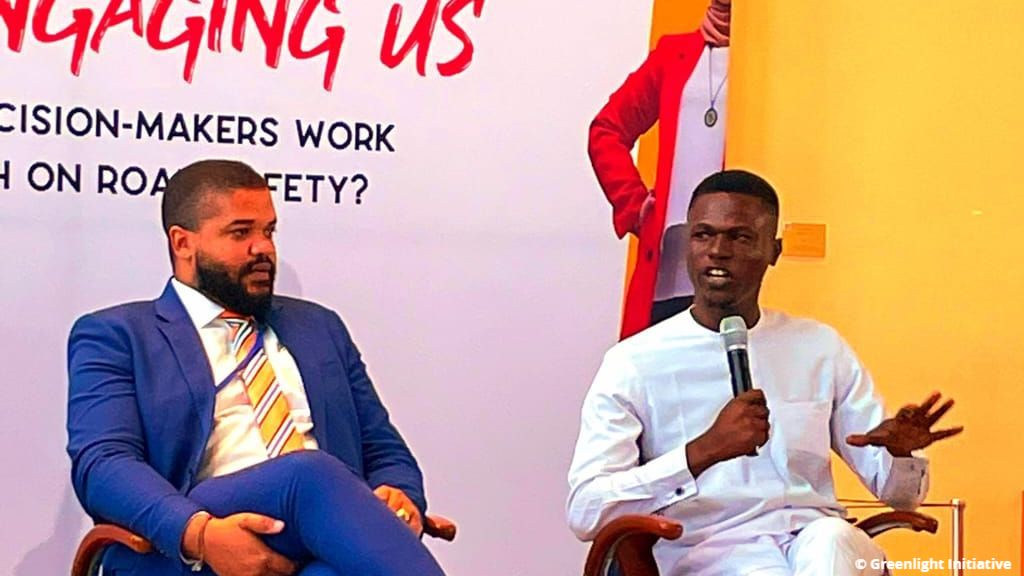
|
IN ACTION: NGOs LEVERAGING THE HIGH-LEVEL MEETING
“Where there’s a will, there’s a way,”
says Ingrid Johnston of Alliance member Australasian College of Road
Safety (ACRS). “[Making or] not making a statement, sends a message.” We
spoke to two NGOs, one whose government made a plenary statement and
one whose did not, to find out how they are following up on the
High-level Meeting in contrasting contexts.
The Nigerian government's statement was one of 32 (44%) delivered by a
Ministry or road safety official and one of only 10 (14%) that mentioned
domestic government funding for road safety. Simon Patrick Obi, of
Alliance member Greenlight Initiative in Nigeria, attended the
High-level Meeting with his government's delegation. Now he and the
NGO are following up with government officials, parliamentarians, and
other road safety stakeholders. They have shared the Political
Declaration with them and are arranging an interactive workshop to
explain it. “At this workshop, we will share the Alliance’s NGO analysis
and explain the Political Declaration and what they, as a UN Member
State, have committed to,” says Simon. Additionally, Greenlight
Initiative will use its position on government committees to stimulate
commitment and accountability.
ACRS represents road safety professionals and advocates across Australia
and New Zealand. Neither country made a statement, although both were
part of a joint statement delivered by Lithuania. ACRS is focusing on
the opportunities ahead to show political priority and leadership for
road safety both domestically and among the global community. “I am
saying it wherever I am,” says Ingrid. “We know how important it is to
implement evidence-based action to further reduce road deaths and
injuries, and the more organizations understand that, the more noise we
can make to get those actions implemented.”
Simon concludes, “Now, civil society must push and promote the Political
Declaration and the Alliance's analysis to get government to match
their words with actions. Results might not come immediately but NGOs
must follow up until we see them.”
Read more from ACRS HERE and from Greenlight Initiative HERE. |
|
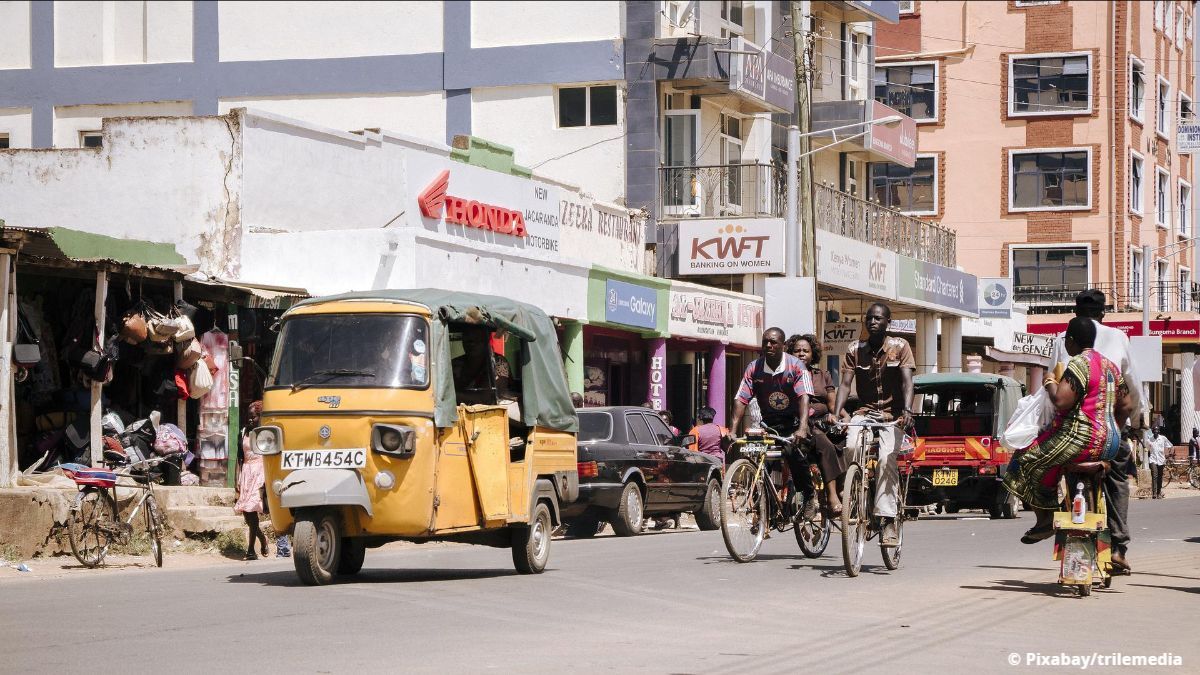
|
|
LANCET SERIES ADDS TO ROAD SAFETY EVIDENCE BASE
To coincide with the High-level Meeting, well-respected academic journal the Lancet has published a series of three papers on Road safety: More than reducing injuries.
The series, which has been led by Adnan Hyder, Milken Institute School
of Public Health of George Washington University, looks at the “mismatch
between the global dialogue on road traffic injuries and action in
tackling them.” It offers evidence-based recommendations and provides
useful data for NGO advocates.
- Paper 1 assesses the political context
and will to achieve the 2030 target. It assesses the role of different
stakeholders, including governments, private sector, academia, and NGOs
and civil society;
- Paper 2 shows how proven interventions,
including speeding management, drink driving, and helmet, seatbelt, and
child restraint usage, could avoid 25–40% of road deaths and,
significantly includes a breakdown by country—a particularly useful tool
for NGO advocates;
- Paper 3 focuses on the effect of emergency care interventions in low- and middle-income countries in reducing road deaths.
Read more and find links to the articles HERE. |
|
UPCOMING EVENTS AND DEADLINES
Prince Michael International Road Safety Awards: Nominations open until 31 July 2022. Read more and submit nominations
HERE.
Annual Delft Road Safety Course: Applications open until 1 August 2022. Read more and apply
HERE.
Alliance Latin America Chapter Launch: 31 August 2022 at 15:00–17:00 CEST. Stay tuned for more information.







Δεν υπάρχουν σχόλια:
Δημοσίευση σχολίου